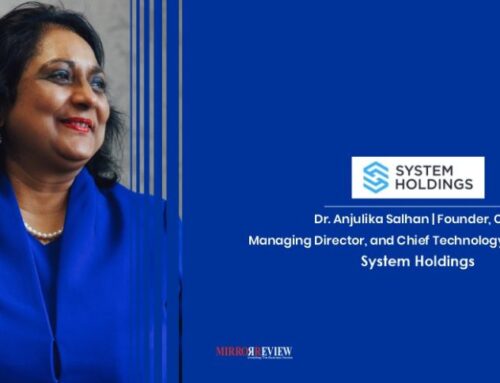Do you worry that your employees are having too many long weekends at your expense? Perhaps you see healthy selfies on social media by employees who have called in sick that same day sounding like they were at deaths door? It’s a tricky subject. You don’t want to be taken advantage of, but you do want to be sensitive and understanding to genuine sickness. So how do you manage sickness absence?
Create a fair policy
Make sure you have a clear policy that all your staff have a copy of and understand. It should be something that’s covered during their induction, and followed up when you do appraisals. If it gets updated make sure to communicated this to everyone. It’s a good idea with new policies to accompany it with a sign sheet to show when staff have read the new portion.
It should cover issues like: The rules around getting a doctor’s note and self certifications, statutory sick pay, return to work interviews and who to contact in the first instance of sickness. Some workplaces have a dedicated voicemail, others prefer to be notified in person. Think about what is best for your business.
Keep good accurate records
It is important to analyse your absence records to make sure you notice trends that may cause concern. Noting the date and reason for absence is essential if an employee’s sickness levels become a problem, and if you are discussing the facts in a return to work interview it is necessary that you have the the correct facts, and to record anything relevant that is covered in the return meeting.
Manage Mental Health and Stress Levels
The workplace can be a major cause of stress related sickness, so addressing some of the major issues upfront is a constructive way to reduce this type of absence.
Time Management can be a huge cause of anxiety, and if someone has too much work to do or can’t manage deadlines well, it’s important to address this by offering education and support. Give clear guidance about what’s important and/or urgent. This will go a long way to helping staff organise themselves and feel in control. If your staff experience a lot of interruptions during their working day then they could try planning for 50% of their time and leave the other 50% for dealing with hold ups. It may seem like there is hardly anything on their ‘to-do’ list, but it does become much more manageable.
Do your staff have clearly defined roles? If not, it’s worth setting out a written document that lists exactly what is expected of them. Anxiety naturally occurs when an employee feels a lack of control and giving them a clear picture of what is expected from them will give them a sense of autonomy and security. It’s a good exercise to do from a management perspective too. You may be able to streamline some processes just by examining them.
Taking a break is important. It gives your mind a chance to step back and take stock. We’ve all worked for bosses who crack the whip and use phrases like ‘working through lunch’ and ‘plough-on regardless’ with the idea that this means the same as ‘working hard’. Taking a short break, does not mean stopping, it means exactly that ‘a break’. It’s a mental reset that can make a huge difference to how you feel. At worst it gives you a boost of energy to go back to work with renewed strength and at best proves to be a catalyst for creativity and problem solving
In short, if someone feels less anxious and stressed at work, they are far less prone to mental health related sickness, and in all likelihood will become happier and more productive.
Improve health and safety in the workplace
Big companies will often employ a health and safety officer, but if you don’t have the luxury of this it might be something that’s being overlooked and could potentially be causing sickness in employees. For example a badly positioned chair, can cause back problems, an office that’s badly ventilated can lead to headaches; trip hazards in a walk way can cause sprained ankles or worse!
Make sure you know the health and safety guidelines around the working conditions in your business, and take the time to do a course. Educate management, and make sure there is a policy that is available to all staff and given to new employees.
Return to work interviews
This is a great way to manage sick leave, and understand any issues that are effecting your employees. It’s an opportunity to understand someone’s individual circumstances, and measure their mental health and work life balance. Make sure to give employee’s the opportunity to voice concerns about their working conditions, workload and duties. There may be something worrying them that can be easily solved, like moving a desk, or changing their lunch hour. If managed well, these meetings can be very beneficial. They will potentially nip problem behaviour in the bud, and help you recognise if there are other factors effecting their work.
Absence management can be a time consuming business, and the points covered here are to help with the human side.. Having a good system for recording sickness is a good way to reduce your own stress levels and help you get on with your day to day business. Xpert Technologies have the perfect HR software that covers sickness management and much more. It does all the HR admin for you and has the essential tools necessary to get organised, boost productivity and help you keep a happy and motivated workplace. Click here for more details Leave Management – Xpert Technologies (xpert-technologies.co.uk)






